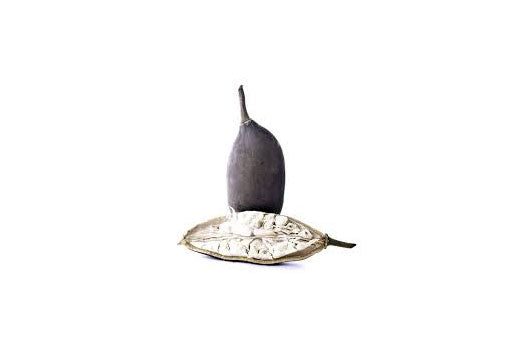DEFINING YOUR PURPOSE AND CREATING YOUR PATH: PART II

Yesterday felt like an unusual day. I had so much work to do and was worried that I would start a task but soon find out that I didn't have the time to complete it. So I hesitated here and there, wondering if it was worth starting projects 2, 3, 4 etc... But I had self-imposed deadlines and challenged myself to complete everything. With the span of time that was allotted to me the day before and the day before that, I was able to complete task 1, look at the time, find out I had plenty of time left, start task two, complete it, look at the time, find out I had plenty of time left, start task three, complete it, so on and so forth until I completed everything!
This wasn't the first time that I noticed that the busier you are, the more time there is to do things. I remember when I used to work at the Huairou Commission, an NGO that works with women-led grassroots organizations around the world to empower their voices in the public and private sphere, I would somehow have time to partake in a meeting, attend UN conferences, have a sit-down meal, make it back to the office and work on a report. And then there are those days when time flies by and I achieved nothing.
To me, these different types of days were simply called good days and bad days until I learned about the Holiday Paradox, which finally helped me understand and appreciate the NOW as it relates to how we define ourselves and feel good about the path we are on.
So, what is this Holiday Paradox? It is an optical illusion of time that shows that when our days are spent enjoying new experiences, doing meaningful things, and simply making memory, our time feels longer. Though at the moment, time may fly as we are having fun, each moment is savored and lasts. It also lasts as a memorable moment in our timeline. Whereas when time is spent doing the mundane, time may drag and feel long, but it also disappears into nothing, creating dead space, missed space and no space in our timeline. And then we wonder, what happened to time?
It is that feeling that gets to many of us. It makes us question what we are doing with ourselves, what we are accomplishing, where we are going etc. Our sense of purpose and then our path gets put into question, in turn evoking that sense of utter failure and self-doubt and perhaps even fear. As mentioned in Part I of this post, Samskara, a yoga philosophy, are forms of conditioning that repeat themselves. They are created in response to a striking childhood event--either good or bad. The belief we develop enters into our psyche. It's the bad ones we need to be aware of, and most often, it's the "I am not good enough" thought that enters those lost gaps of time that make us feel like we running out of time and start questioning our actions, value, intent, and purpose.
There are several healing techniques or exercises that can help overcome these dark thoughts but there is one particular way that made the most sense to me as it pertains to redefining and enjoying our path. After understanding the Holiday Paradox and finally understanding the mystery of time, it became clear that we can only create a meaningful and fulfilling path if we fill our time with meaningful moments. This encourages us to then develop 3 sets of virtues that will help polish and direct our path in the direction we aspire.
1. Creating meaningful moments requires us to pause and enjoy subtle things that could bring us great pleasure but that are often missed because we rush through time and space. Taking a walk to enjoy blossoms, to smell the grass, to listen to the birds. This is not cliché; this is a real reminder that we are pausing and staying tuned in to the moment.
2. Creating meaningful moments requires us to carve out a time from the mundane routine to do something new. But to be able to do something new, we have free ourselves from judgment and embrace curiosity. The joy follows when we open up even further to understand what's going on from a different perspective. Imagine doing something new with a narrow frame of mind. You will probably hate every second of it and return home feeling like you have wasted your time.
3. Creating meaningful moments requires us to harbor compassion, which means that we choose to act from our divine core versus our ego. According to Timber Hawake, giving way to our ego's desires makes us do things that make us look better or well achieved, without truly questioning if those actions are good for us, those around us or our environment. We end up leading the "I should" life in order to meet the expectations set by society. Living out of compassion, on the other hand, means that we choose to do things that are healthy for our mind, body and soul, and this turn positively impacts those around us and the environment.
Setting a space on our path to think and grow holistically gives us more wisdom to navigate through the challenging times while also giving us the freedom (mentally and physically) to (re)analyze, (re)interpret and (re)direct our path.
Leave a comment
Comments will be approved before showing up.



